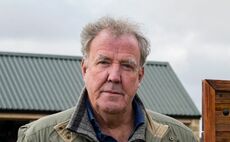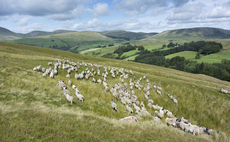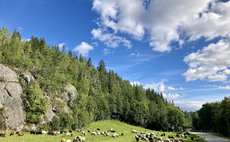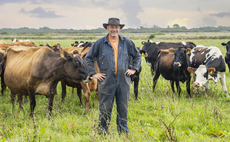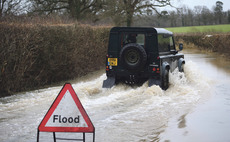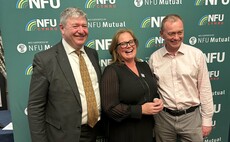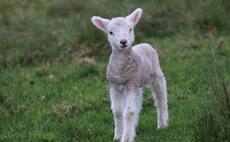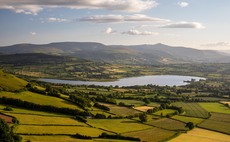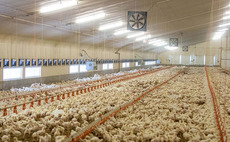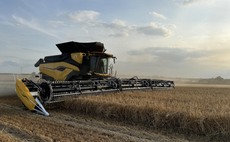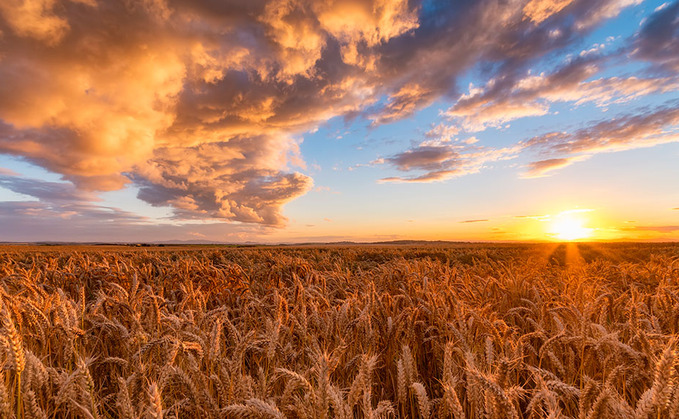
Engaging with the public and young people about where their food comes from and how it is produced is a sizeable task.
Thankfully, it has been one which farming has embraced for many years via initiatives such as Leafs Open Farm Sunday (see page 108-109) and more recently Farmer Time, even if the latter did cause challenges for one of our In Your Field Writers, Rachel Coates, who struggled with mobile phone technology during her attempts at classroom engagement, as she wrote recently in Ãļ§Ö±²¥.
For children of school age, teenagers and young adults, the pace and change of technology all around them has changed how they interact with, and view, issues focused on the planet, the environmental agenda and, crucially for us, agriculture. After all, it is a teenager, Greta Thunberg, who has been one of the lightning rods for environmental awareness and activism around the world.
It is one of the key challenges farming faces around how to connect with young people about the positives the industry has to offer, whether that is in terms of producing nutritious food, UK agricultures high welfare standards, its role in shaping landscapes, or what it has to offer in terms of providing a rewarding and fulfilling career.
The natural history GCSE therefore provides a great opportunity to drive home proactive messaging around farmings role in the natural world. As the NFU points out on page 12, it is vital that the curriculum within this area has the right level of farming input to ensure that a balanced view of agriculture is portrayed.
With high profile backers such as environmental campaigner Chris Packham, some are concerned the natural history GCSE could become another part of the anti-farming rhetoric, something which is particularly dangerous given how young and easily influenced those sitting it would be.For this to be an opportunity for agriculture, it is crucial that farming voices are heard and that, as part of the curriculum, it provides another opportunity for agriculture to cogently argue what is has to offer.





